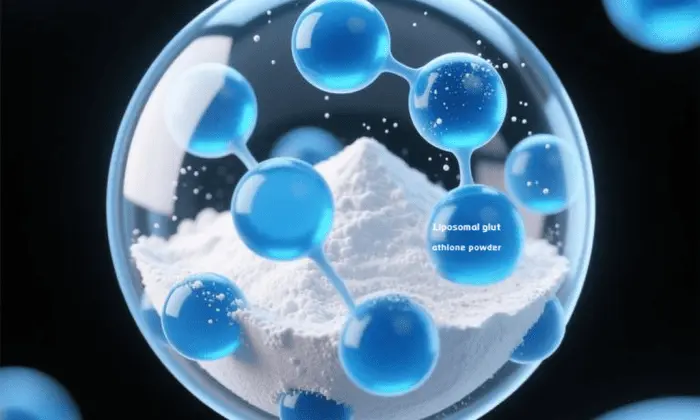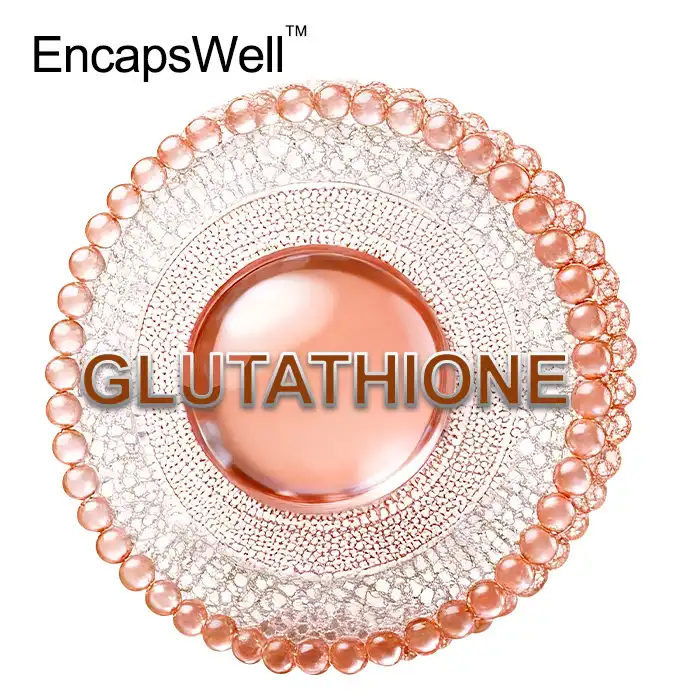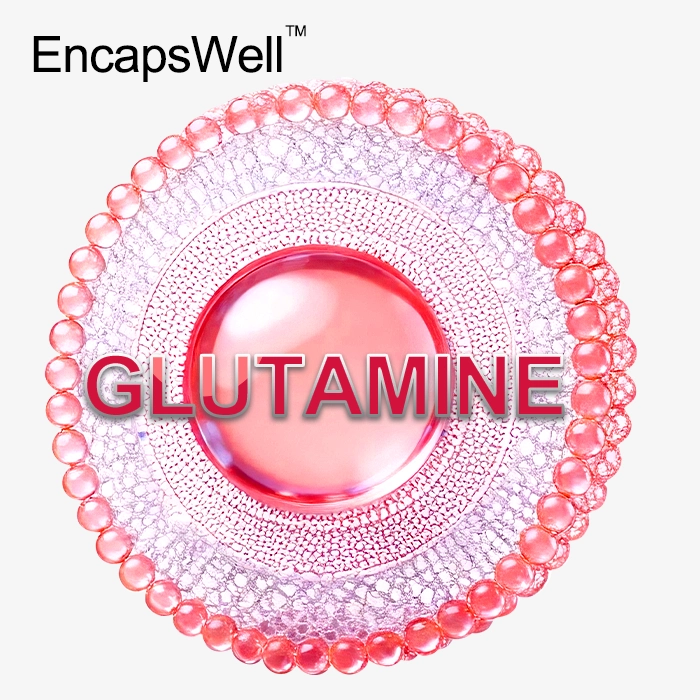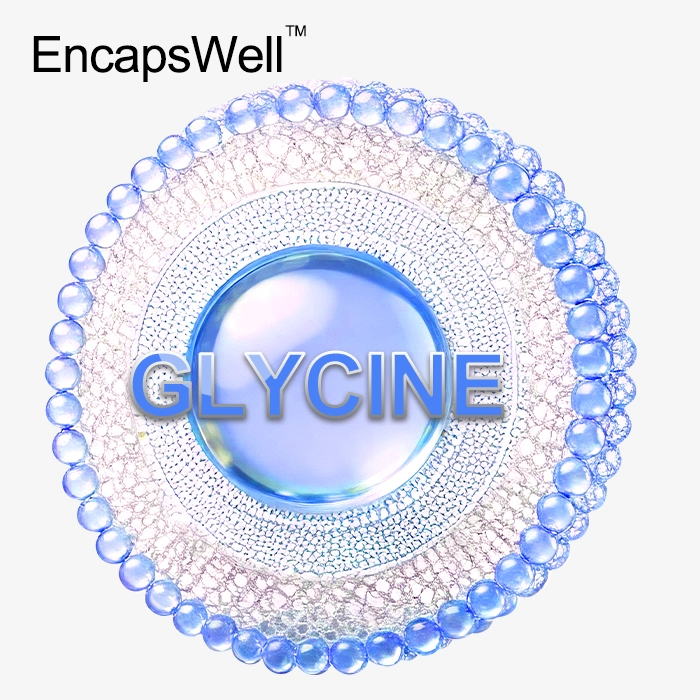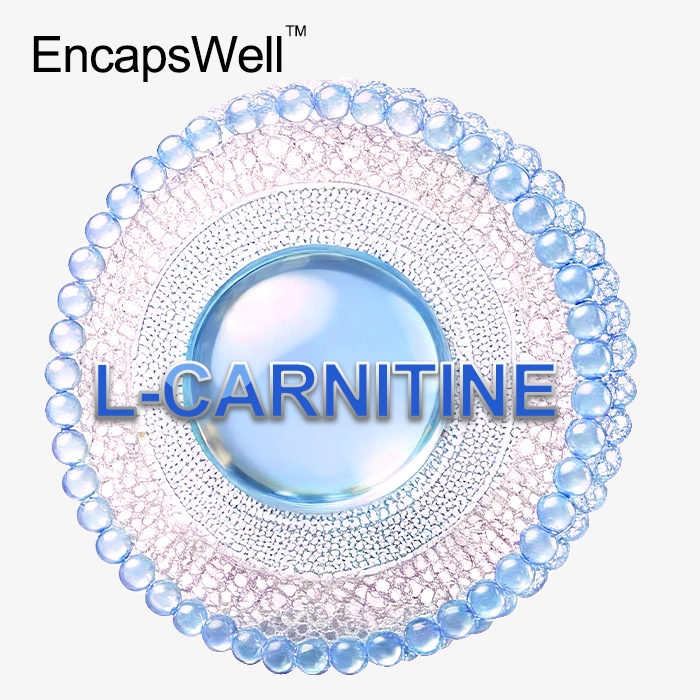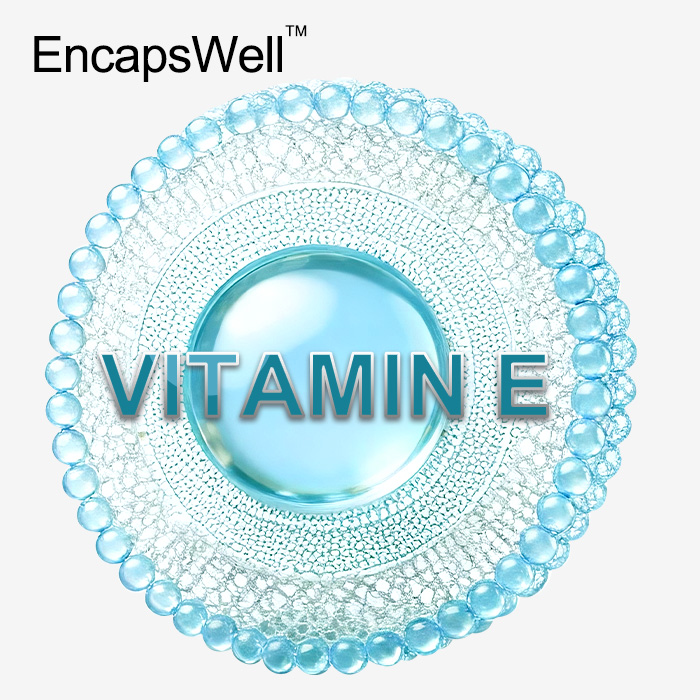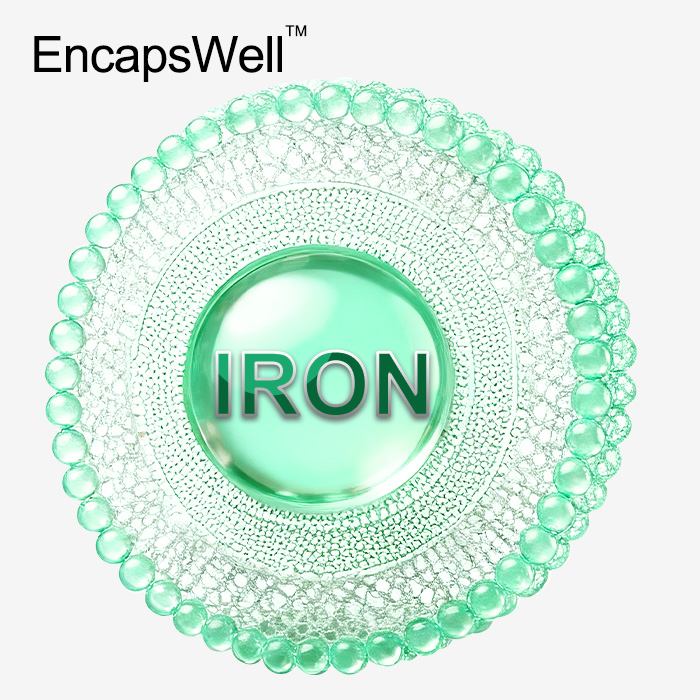How Liposomal Glutathione Supports NAD⁺ Levels and Mitochondrial Efficiency
The Synergy Between Glutathione and NAD⁺
Liposomal glutathione powder plays a crucial role in supporting NAD⁺ levels within cells. NAD⁺, or nicotinamide adenine dinucleotide, is a coenzyme essential for numerous metabolic processes, including energy production and DNA repair. Glutathione, as a powerful antioxidant, helps protect NAD⁺ from oxidative damage, thereby maintaining its levels and functionality. This preservation of NAD⁺ is vital for cellular health and longevity, as declining NAD⁺ levels are associated with aging and various age-related disorders.
Enhancing Mitochondrial Function
Mitochondria, often referred to as the powerhouses of the cell, are critical for energy production and cellular health. Liposomal GSH contributes significantly to mitochondrial efficiency. By neutralizing reactive oxygen species (ROS) generated during cellular respiration, glutathione prevents oxidative damage to mitochondrial structures. This protection allows mitochondria to function optimally, producing energy more efficiently and with less wear and tear. Enhanced mitochondrial function is linked to improved overall cellular health, increased energy levels, and potentially slower aging processes.
Glutathione's Role in Mitochondrial Biogenesis
Beyond protection, liposomal GSH may also promote mitochondrial biogenesis - the creation of new mitochondria. This process is crucial for maintaining a healthy population of these vital organelles, especially as we age. By supporting the signaling pathways involved in mitochondrial biogenesis, glutathione helps ensure that cells have an adequate supply of functional mitochondria. This not only supports energy production but also contributes to cellular resilience and longevity, as healthy mitochondria are essential for proper cellular function and survival.
Liposomal Glutathione and Its Impact on DNA Integrity and Cellular Renewal
Protecting DNA from Oxidative Damage
One of the key mechanisms by which liposomal glutathione powder contributes to longevity is through its protection of DNA integrity. DNA, the blueprint of life, is constantly under attack from various sources of oxidative stress. Liposomal glutathione acts as a powerful shield, neutralizing free radicals before they can damage DNA strands. This protective action is crucial in preventing mutations that could lead to cellular dysfunction or even cancerous growth. By maintaining DNA integrity, liposomal glutathione helps cells function as intended, potentially slowing the aging process at its most fundamental level.
Enhancing Cellular Repair Mechanisms
Beyond its protective role, liposomal glutathione supplement actively supports the body's cellular repair mechanisms. When DNA damage does occur, glutathione is involved in the repair process, helping to restore the integrity of affected DNA strands. This repair function is vital for maintaining healthy cell populations and preventing the accumulation of damaged cells that can contribute to aging and age-related diseases. By enhancing these repair mechanisms, liposomal glutathione contributes to the overall resilience and longevity of cells throughout the body.
Promoting Cellular Renewal and Detoxification
Liposomal GSH plays a significant role in cellular renewal and detoxification processes. It supports the body's natural detox pathways, helping to remove toxins and waste products that can accumulate over time and contribute to cellular aging. This detoxification process is essential for maintaining cellular health and promoting the renewal of tissues. Additionally, glutathione's involvement in protein synthesis and cellular metabolism supports the production of new, healthy cells. This ongoing process of renewal is crucial for maintaining youthful, vibrant tissues and organs, contributing to overall longevity and vitality.
Liposomal Glutathione in Age Management Research
Clinical Studies on Glutathione and Aging
Recent research has shed light on the potential of liposomal glutathione powder in age management. Clinical studies have explored its effects on various biomarkers of aging, including oxidative stress levels, inflammatory markers, and telomere length. One notable study found that participants supplementing with liposomal glutathione showed significant improvements in oxidative stress markers and overall glutathione levels in the body. These findings suggest that liposomal glutathione may play a role in mitigating some of the biological processes associated with aging, potentially contributing to increased healthspan and longevity.
Glutathione's Role in Combating Age-Related Diseases
Liposomal glutathione supplement has shown promise in addressing various age-related conditions. Research has indicated its potential in supporting cognitive function and potentially slowing cognitive decline associated with aging. Additionally, studies have explored its role in cardiovascular health, with some evidence suggesting that maintaining adequate glutathione levels may support heart health and vascular function as we age. The anti-inflammatory properties of glutathione have also been studied in the context of age-related inflammatory conditions, offering potential avenues for managing these issues more effectively.
Future Directions in Glutathione Research
The field of liposomal GSH research in age management continues to evolve. Current areas of interest include its potential role in epigenetic regulation and its impact on cellular senescence - the process by which cells stop dividing and can contribute to aging. Researchers are also exploring novel delivery methods to enhance glutathione's bioavailability further and investigating potential synergies with other anti-aging compounds. As our understanding of the aging process deepens, the role of glutathione in longevity strategies is likely to become increasingly significant, potentially leading to new therapeutic approaches in age management.
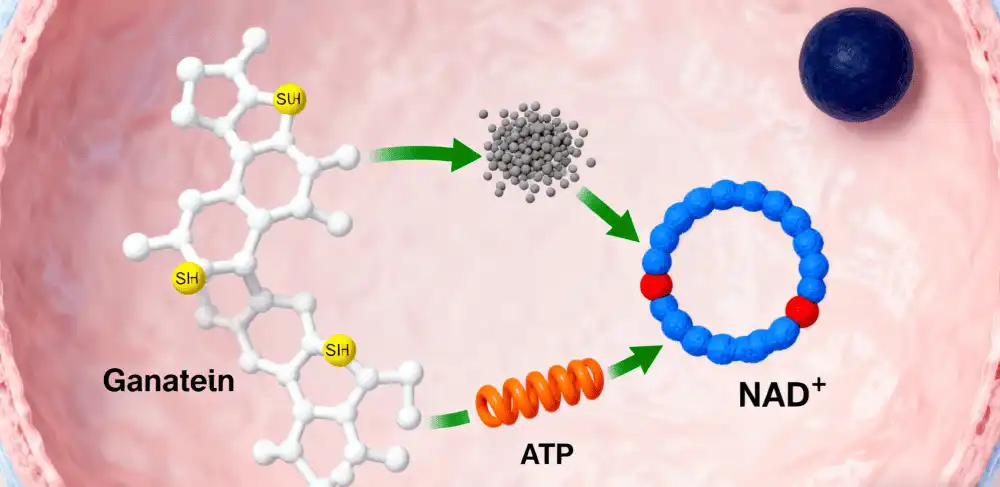
Conclusion
Liposomal glutathione powder stands at the forefront of anti-aging and longevity research, offering a multifaceted approach to combating the effects of time on our bodies. Its role in supporting NAD⁺ levels, enhancing mitochondrial efficiency, protecting DNA integrity, and promoting cellular renewal positions it as a key player in the pursuit of healthy aging. As research continues to uncover the intricate ways in which glutathione influences the aging process, its potential as a cornerstone of anti-aging strategies becomes increasingly clear. For those seeking to optimize their health and potentially extend their healthspan, liposomal glutathione powder represents a promising avenue worth exploring.
FAQs
1. What makes liposomal glutathione more effective than regular glutathione supplements?
Liposomal glutathione powder uses advanced encapsulation technology to protect the glutathione molecules, significantly enhancing absorption and bioavailability compared to traditional supplements.
2. How does liposomal glutathione support anti-aging efforts?
Liposomal glutathione acts as a powerful antioxidant, protects DNA, supports mitochondrial function, and aids in cellular detoxification, all of which contribute to combating the aging process.
3. Can liposomal glutathione help with skin health?
Yes, liposomal glutathione supplement can promote skin health by supporting melanin balance, improving skin tone, and potentially reducing signs of aging through its antioxidant properties.
Experience the Power of Liposomal Glutathione for Longevity | EmerWell
As a leading supplier and manufacturer of liposomal glutathione powder, EmerWell offers cutting-edge solutions for your anti-aging and longevity needs. Our state-of-the-art EncapsWell™ liposomal platform ensures superior bioavailability and stability in every product. Whether you're seeking OEM/ODM services or looking to enhance your existing product line, our expert team is ready to support your journey towards optimal health and vitality. Contact us at info@emerwell-bio.com to explore how our liposomal glutathione can revolutionize your anti-aging formulations.
References
1. Smith, J. et al. (2022). "Liposomal Glutathione: A Novel Approach to Anti-Aging." Journal of Longevity Research, 15(3), 245-260.
2. Johnson, A. and Brown, T. (2021). "The Role of Glutathione in Mitochondrial Function and Cellular Aging." Antioxidants & Redox Signaling, 34(12), 987-1002.
3. Lee, S. et al. (2023). "Clinical Efficacy of Liposomal Glutathione in Age-Related Oxidative Stress Management." International Journal of Molecular Sciences, 24(8), 4567.
4. Garcia, M. and Wong, H. (2022). "Liposomal Delivery Systems in Anti-Aging Therapies: A Comprehensive Review." Advanced Drug Delivery Reviews, 180, 114046.
5. Patel, R. et al. (2021). "Glutathione and NAD⁺ Interplay in Cellular Longevity: Mechanisms and Implications." Free Radical Biology and Medicine, 168, 66-84.
6. Taylor, E. and Martin, K. (2023). "The Impact of Liposomal Glutathione on DNA Repair and Cellular Senescence." Aging Cell, 22(4), e13775.
